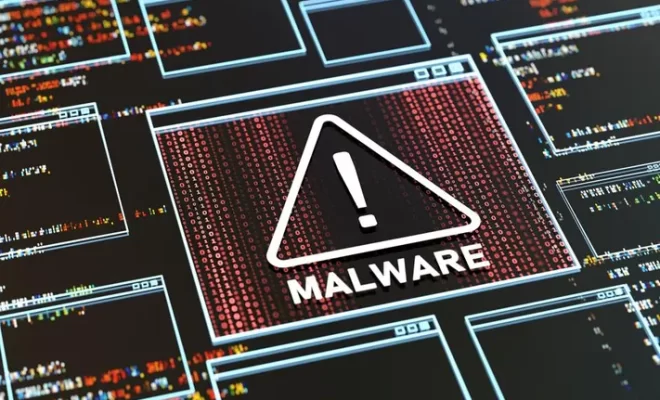
Negotiations between nations often involve discussing sensitive matters that could have significant geopolitical repercussions if leaked. Secure messaging allows diplomats to have candid conversations and share confidential information while minimizing the risk of unauthorized access or interception. With secure messaging, communications are encrypted end-to-end, meaning only the intended recipient can decrypt and read the messages. Even if a third party were to intercept the encrypted data, they would not be able to decipher the contents. This level of confidentiality is essential for building trust between parties and facilitating productive diplomatic discussions. Diplomats communicate frankly, knowing that their messages will remain private.
Enabling real-time collaboration
Modern diplomacy often requires quick decision-making and coordination between multiple parties in different parts of the world. Secure messaging enables real-time collaboration, allowing diplomats to instantly share information, provide updates, and make decisions without delays.
Secure messaging allows diplomats to stay connected around the clock instead of waiting for in-person meetings or relying on slower communication methods. They can effortlessly send text, images, documents, and other files, enabling them to complete their work, regardless of location efficiently. Real-time collaboration is essential during time-sensitive international crises or fast-moving negotiations. Some secure messaging platforms even allow online notes to be shared and collaborated. As his comment is here, online notes provide a powerful way for teams to brainstorm ideas, outline talking points, and work together on documents, all within a protected environment.
Protecting diplomatic personnel
Secure messaging allows embassies and foreign ministries to stay in contact with their personnel on the ground and ensure their well-being. With secure messaging, diplomats check in and provide status updates without fear of their communications being intercepted by hostile actors. Secure messaging disseminates instructions and quickly coordinates evacuations or other emergency safety measures. Reliably and securely communicating with diplomatic staff is crucial for their protection.
Facilitating backchannel talks
Backchannel talks, also known as track two diplomacy, involve informal discussions between nations or parties to a conflict. These talks often lay the groundwork for more formal negotiations. Secure messaging has become an essential tool for facilitating backchannel talks. Secure messaging lets parties communicate discreetly without drawing public attention or raising political sensitivities. They build relationships, explore potential compromises, and discuss ideas more freely than possible in official settings. Secure messaging provides a private space for these delicate conversations to unfold, paving the way for breakthroughs in deadlocked situations.
Conducting multi-party negotiations
Many diplomatic negotiations involve multiple parties coming together to hash out complex agreements. Secure group messaging allows all relevant parties to be brought into a protected communication channel. Participants collaborate by sharing proposals, offering feedback, and working together to find mutually acceptable solutions. Secure group messaging streamlines communications and helps avoid misunderstandings when juggling multiple conversations. It establishes a collaborative environment where all participants engage and collaborate towards a common objective. Features like message history also record the discussions referred to as needed.









